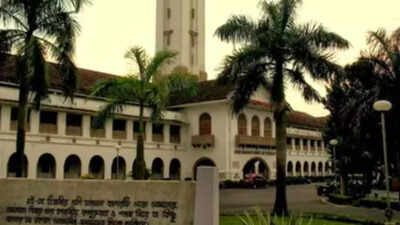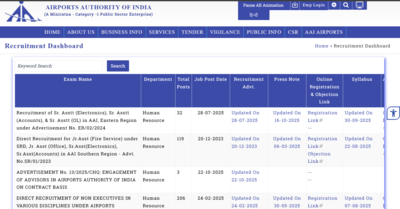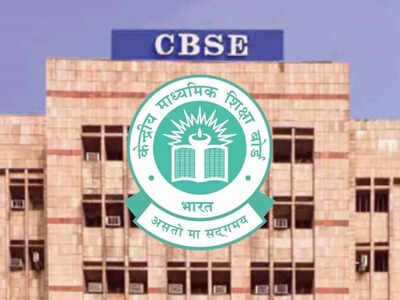When is the CBSE 2026 class 10 social science exam? Check marking scheme, format, and sample question paper here

With the CBSE Class 10 board exams around the corner, students nationwide are preparing for a key assessment: the Social Science exam, scheduled for March 7, 2026. This paper plays a crucial role in determining overall results and future academic choices. To help students prepare effectively, CBSE has released the official marking scheme, syllabus, and sample question papers, providing a clear guide for exam readiness. Covering History, Geography, Political Science, and Economics, the exam tests knowledge, analytical skills, and the ability to apply concepts. This article provides a detailed look at the marking scheme, syllabus, sample papers, weightage, and preparation tips, giving students a complete roadmap to tackle the Social Science exam with confidence.
CBSE class 10 social science marking scheme
The Social Science exam is structured to assess students’ knowledge across four major disciplines: History, Geography, Political Science, and Economics. The total marks allotted for the exam are 80, divided as follows:
- Section A: History – 20 marks
- Section B: Geography – 20 marks
- Section C: Political Science – 20 marks
- Section D: Economics – 20 marks
Students can check the official CBSE class 10 marking scheme here.Each section contains a mix of objective and subjective questions, including multiple-choice questions (MCQs), short answer questions, and long answer questions. The marking scheme provides detailed guidelines on how each question should be evaluated, ensuring consistency and fairness in assessment.
Class 10 social science syllabus breakdown
The Class 10 Social Science syllabus for the 2025-26 academic year encompasses the following units:
- History: Themes in Indian History (Part I, II, and III)
- Geography: Resources and Development, Forest and Wildlife Resources, Water Resources, Agriculture, Minerals and Energy Resources, Manufacturing Industries, and Lifelines of National Economy
- Political Science: Power Sharing, Federalism, Democracy and Diversity, Gender, Religion and
Caste , Political Parties, Outcomes of Democracy, Challenges to Democracy - Economics: Development, Sectors of the Indian Economy, Money and Credit, Globalisation and the Indian Economy, Consumer Rights
The syllabus emphasises a comprehensive understanding of these topics, encouraging students to analyse and apply concepts rather than rote memorisation.
CBSE sample question papers
To aid in preparation, CBSE has released sample question papers that mirror the actual exam format. These sample papers include a variety of question types, such as:
- Multiple Choice Questions (MCQs): Assessing knowledge and understanding
- Short Answer Questions (SAQs): Testing application and analysis
- Long Answer Questions (LAQs): Evaluating critical thinking and synthesis
Each sample paper is accompanied by a marking scheme, providing insights into the expected answers and the distribution of marks. Students can download these resources from the official CBSE academic website. Students can find the CBSE class 10 sample question paper for social science here. Students should start by familiarising themselves with the marking scheme to tailor their answers effectively. Practicing with sample papers helps manage time and boosts confidence, while focusing on high-weightage topics ensures a strong grasp of key concepts. Regular revision reinforces learning and helps students approach the exam well-prepared and confident.






